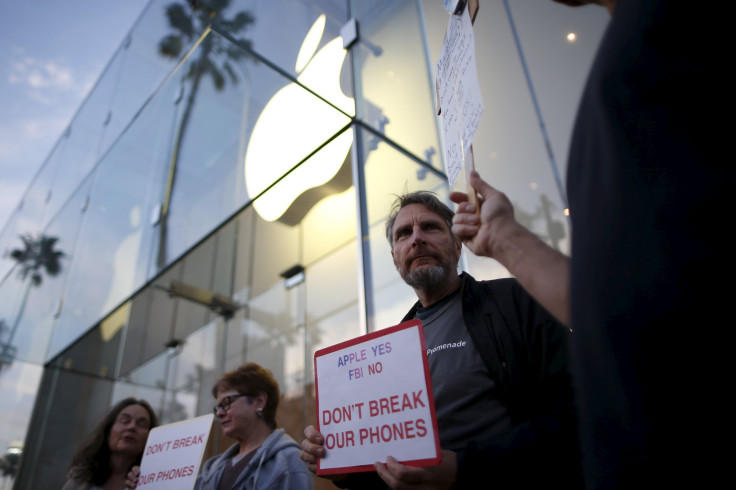What Is Rule 41? The FBI Is Reading Your Emails, Text Messages, And Here's Why You Can't Stop Them From Doing It

The FBI and other law enforcement agencies can now search millions of Americans' computers or smartphones at once with a single warrant under a new rule that took effect Thursday. The expanded surveillance power has been called a dangerous search tool by civil liberties groups. Here's what you need to know about the new policy known as "Rule 41."
What is Rule 41? Under the new cyber investigation policy, the government may obtain a single warrant from a judge to access multiple computers in various states. Federal agents must make "reasonable efforts" to inform law-abiding Americans that their devices have been hacked by the government under Rule 41. The policy was approved by the Supreme Court earlier this year. It was never debated during a Congressional hearing.
What changed under Rule 41? FBI officials were previously limited to obtaining a warrant from a judge in each district a computer or smartphone was located in. Suspects often hide the location of their computers to keep law enforcement officials from applying for a warrant.
Why is Rule 41 so controversial? Civil liberties groups predict that the FBI will now have expanded surveillance powers that potential violate the Fourth Amendment of the Constitution. All officials have to do to carry out their search is obtain a warrant from a single judge, which they can more easily do by simply seeking a warrant in a district where a judge is likely to support their cause. Democratic lawmakers sought Wednesday to block the change in the Republican-controlled Senate. But a vote to delay the change until Congress had more time to study it failed. The Electronic Frontier Foundation, which opposes the rule change, has called on Congress to overturn the policy.
Does President Barack Obama support the change? Yes. His Justice Department advocated for it. "The amendments do not change any of the traditional protections and procedures under the Fourth Amendment, such as the requirement that the government establish probable cause. Rather, the amendments would merely ensure that at least one court is available to consider whether a particular warrant application comports with the Fourth Amendment," a statement from the Justice Department reads.
© Copyright IBTimes 2025. All rights reserved.






















